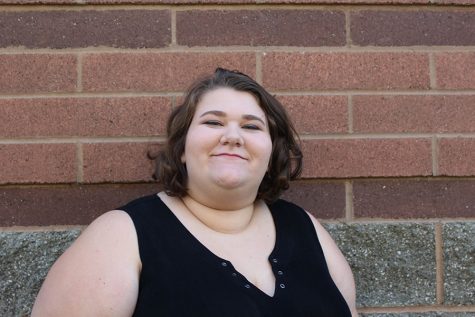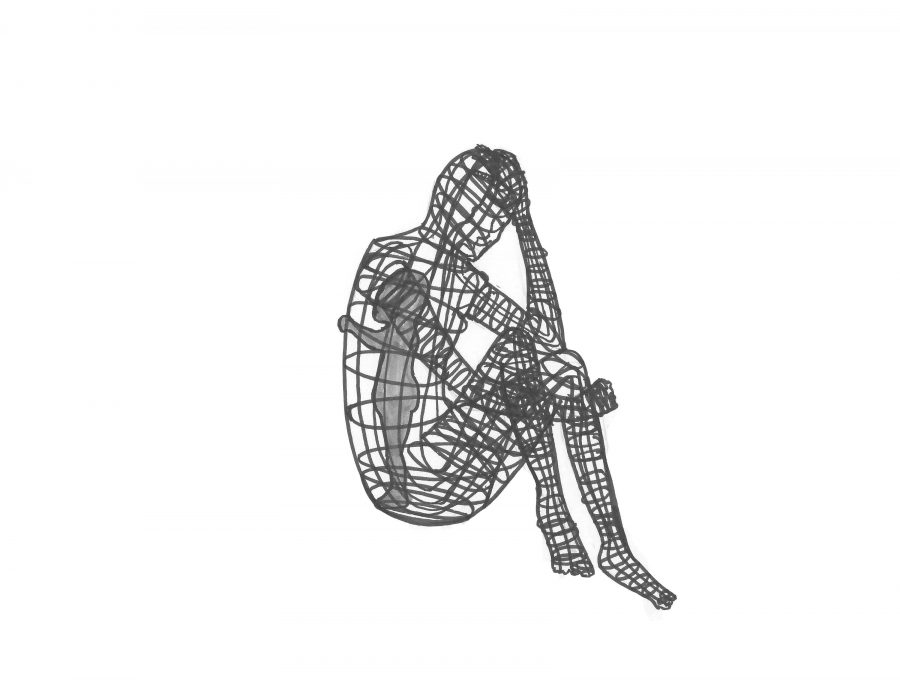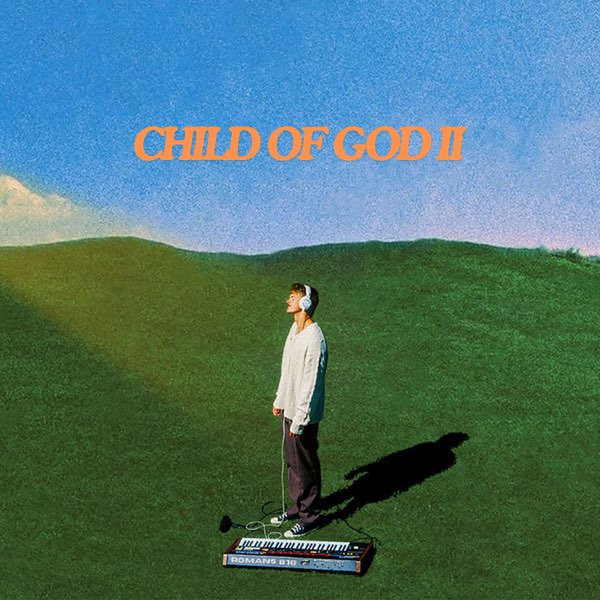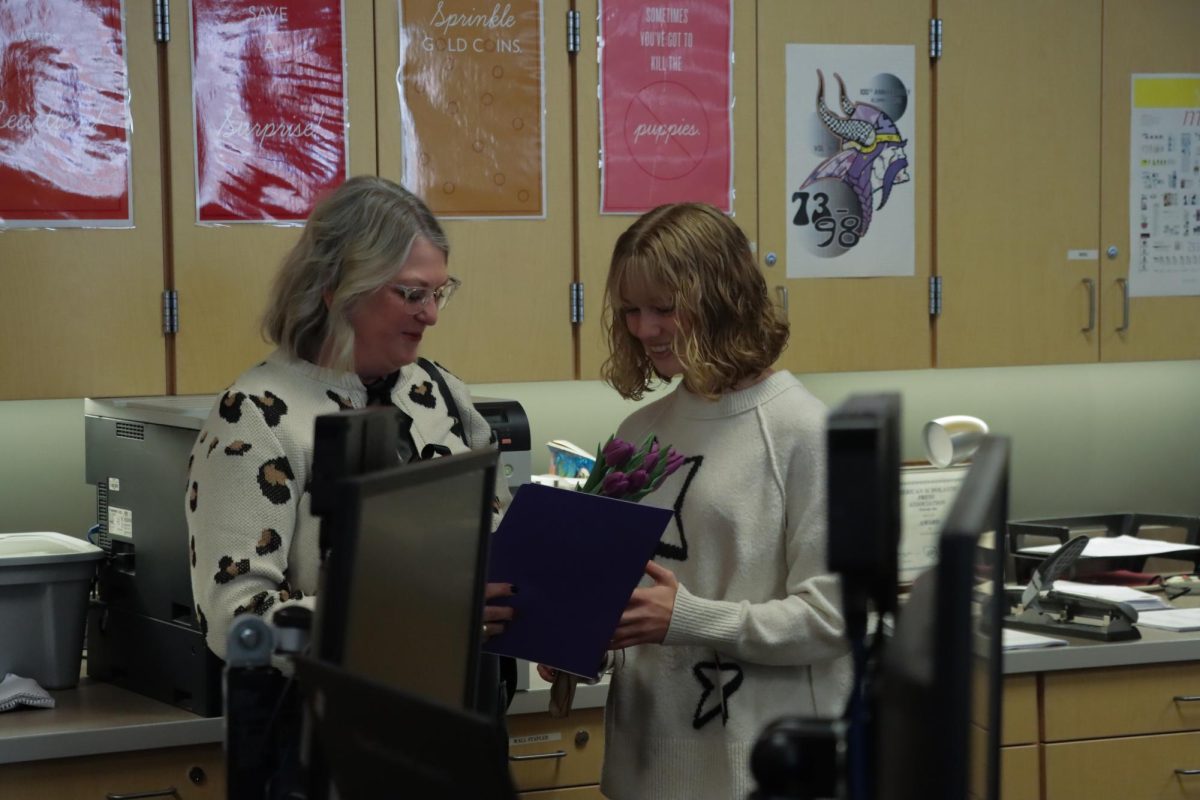“Do not have sexual relations with a man as one does with a woman; that is detestable.”
This excerpt from the new international version of the Bible is a phrase that some Christians have based their views on sexual orientation. This excerpt is the catalyst between years of divide behind the Christian and the LGBTQ communities.
Associate Professor of Religion Kevin O’Brien has been teaching in the Religion department of Pacific Lutheran University for 11 years now. O’Brien shares his passion for his job and explains what he finds fascinating about religion.
“I am fascinated by the ways that religious traditions shape human cultures and especially in how it shapes ethics and morality. Religion has driven people to do amazing and wonderful things for each other and it has also driven people to do terrible and violent things to each other,” O’Brien said.
Traci Vatne, Director of Faith Formation (Youth Director) at Messiah Lutheran Church in Auburn, has no negative feelings for the LGBTQ community and does not understand the hate some people feel.
“The negative feelings some Christians feel towards different sexualities, I believe, comes from a few things. A) Many Christians have been taught that homosexuality is a sin, B) Many Christians believe the Bible teaches that homosexuality is a sin and C) Fear – I believe many Christians believe that progressive theology and alternative lifestyles will usher in a ‘Godless’ era,” Vatne said.
Charles “Chuck” Harris, Senior Pastor at Messiah Lutheran Church in Auburn, follows in a Christian faith but does not feel badly towards the LGBTQ community. Harris feels that if someone of the Christian faith feels a dislike towards the LGBTQ community it is because of other influences that may include their religion.
“I do not think [negative feelings towards different sexualities] is only the product of being Christian. I, personally, have been a Christian my whole life and I have not experienced a dislike of the different sexualities people identify with and express as part of their lives. In fact, many Christians express a great deal of support for the variety of sexualities that are now part of our cultural conversation,” Harris said. “I think that when a Christian expresses a dislike of a sexuality he or she believes is not normative for human beings, it is the expression of a great many influences in his or her life, one of which may be their particular understanding of the Christian faith.”
O’Brien attributes fear with being the reason that some Christians may feel hate towards those who identify with a different sexuality.
“I think when people feel threatened or insecure they look for someone to blame and as norms about relationships and sexuality have changed, it has made some people who count on traditions feel threatened and insecure,” O’Brien said.
Vatne believes that hating different sexualities is not a “Christian” thing and holds the belief that despite a difference in sexuality all people are accepted by her God.
“I am a Christian and I do not have a dislike of or fear of different sexualities. I do not believe it is a ‘Christian thing.’ There are many churches and Christians who believe that homosexuality is not a ‘faith matter’ at all and that God loves and celebrates all of God’s beautiful children – gay, straight, bi, trans or whatever,” Vatne said.
Harris rejects the stereotype that all Christians hate people who identify with a different sexuality and even says that there are many members of the faith who identify with the LGBTQ community.
“To begin, it is important to remember that not all folks who follow Jesus have negative feelings toward people whose sexuality was traditionally seen as ‘different.’ Also, many Christians understand and express themselves as LGBTQ persons. The greater Christian community experiences a variety of sexual identities among its members,” Harris said. “Second, some Christians do have negative feelings. Primarily, in my experience, these feelings are not against people per se but are directed at sexual behaviors that are seen as outside of what was traditionally understood to be normative for human beings.”
Harris believes the reasons behind these negative feelings is a complicated set of circumstances. People come from all walks of life that can affect the way they see the world, whether it be their upbringing, their religion or it may grow out of a fear for the unknown.
“Where these negative feelings come from is a complicated matter. They may grow out of a certain understanding of scripture, out of personal experiences or the family situation in which they were raised. They may grow out of the fear of something they have not personally known, like a family member or close friend who is gay or lesbian or bisexual,” Harris said. “These feelings may grow out of a combination of all these things and many others I have not listed. The bottom line is that why someone feels something is often a pretty complicated question.”
O’Brien believes that the views of the LGBTQ community held by some Christians may be going out of style and that the idea that the idea of members of the LGBTQ community being inherently evil is slowly being phased out with the new generation.
“I think some Christians have felt negative toward new expressions of sexuality out of fear that this threatens traditional and Biblical ideas. I think many Christians are increasingly seeing that the core ideas and traditions of the faith are not challenged by new expressions of sexuality as long as those expressions of sexuality include respect and love,” O’Brien said.
Harris comments on the negative side effects of these negative views held by some Christians and what can happen if these are impressed upon an LGBTQ youth.
“Teens are in that unique stage of life when they are beginning to develop a self-understanding that is their own and not simply given to them by their family or their school or even a religious organization of which they may be a part,” Harris said. “It is like starting out on a great journey of self-discovery and being told you are a bad person because one part of the journey is exploring sexualities that have traditionally been seen as non-normative.”
While some may choose to focus on the negative Harris chooses to highlight the love and support the LGBTQ community can find in the Christian faith.
“I think that in many parts of the greater Christian community there is a great deal of support and encouragement for folks who are trying to come to terms with the experience of sexuality that, in the past, may not have been as accepted as some others,” Harris said. “On the other hand, there are some parts of the Christian community where accepted sexualities are more narrowly defined. I think it is important that LGBTQ persons not lump all followers of Jesus into just one category. Like the rest of the world, Christianity itself is a place of great diversity and difference of opinion, especially around the issues of sexuality.”
Categories:
Religious Views on Sexuality Examined
Shayla Jones, Coverage Editor
Published December 15, 2016
Story continues below advertisement
0
Donate to The Viking Vanguard
$15
$500
Contributed
Our Goal
Your donation will support Viking Student Media and the content we create. Your contribution will allow us to purchase equipment and cover our annual costs, including website hosting, printing the newspaper and yearbook, and purchasing new equipment.
More to Discover
About the Contributor

Shayla Jones, Managing Editor
Shayla Jones, joined The Viking Vanguard her junior year of high school. Jones enjoys writing both journalistically and poetically. Jones also enjoys reading and listening to music. Jones has been a part of drama ever since she was in seventh grade and is still involved today. Drama brings her a feeling of happiness as well as belonging, a feeling, she says, you cannot get anywhere else.





